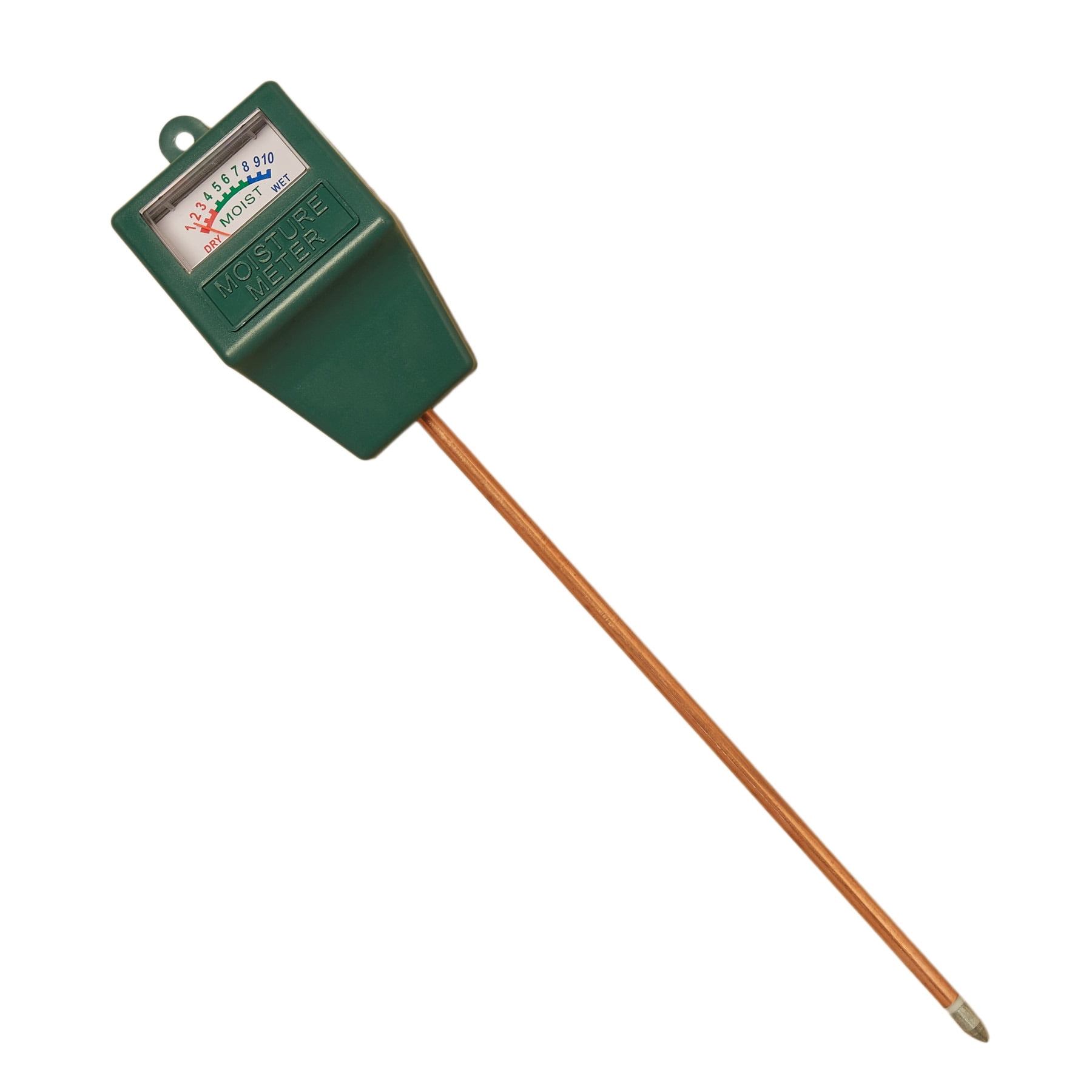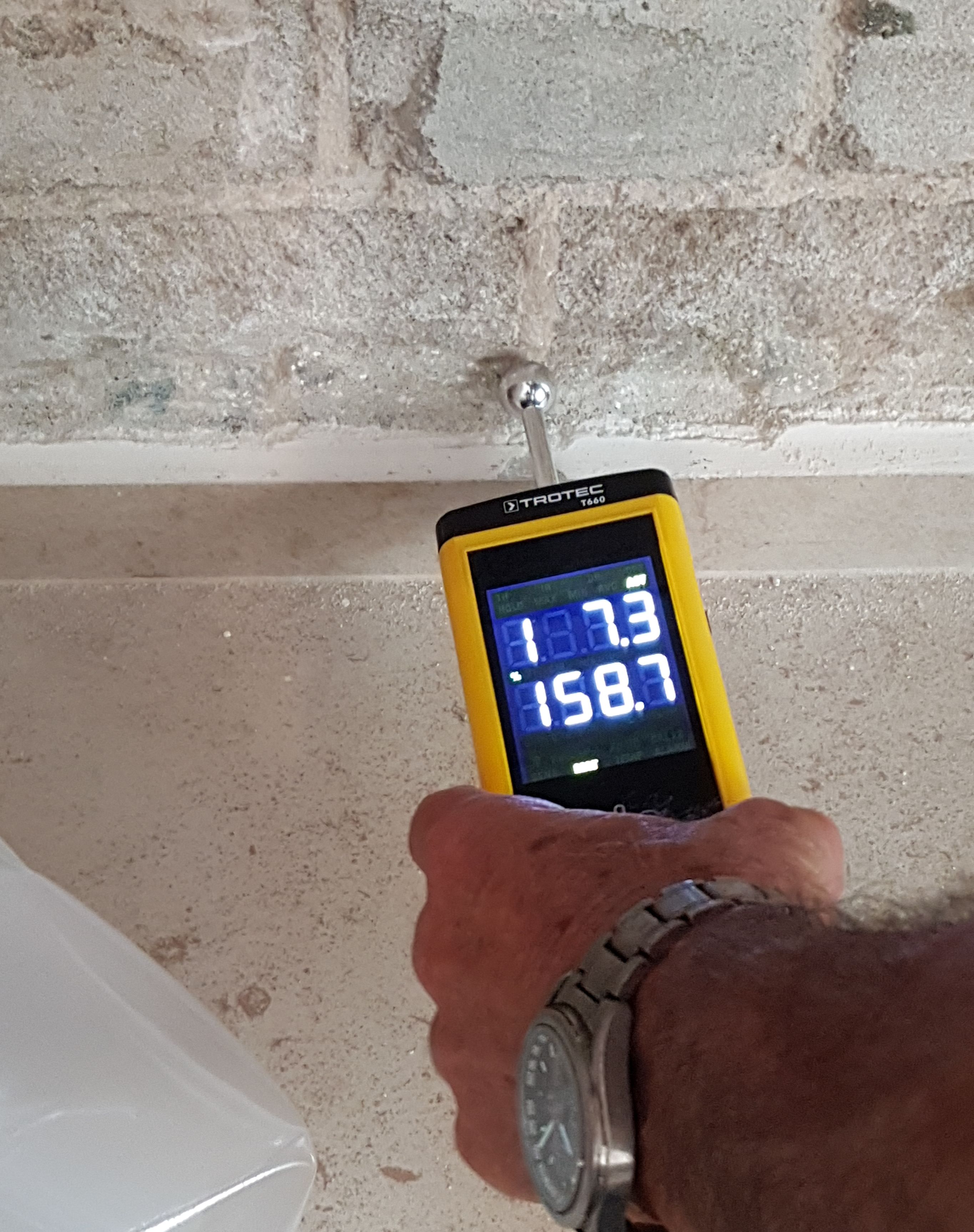Exactly how to Use a Moisture Meter to Spot Covert Water Damage in Your Building
Exactly how to Use a Moisture Meter to Spot Covert Water Damage in Your Building
Blog Article
The Ultimate Guide to Moisture Meters: A Comprehensive Summary and How They Can Conserve You Money
In the realm of structure maintenance, building, and various sectors, the significance of precisely gauging moisture degrees can not be overstated. Dampness meters serve as essential devices in discovering and keeping an eye on moisture material in materials, aiding in protecting against pricey damages and guaranteeing the high quality of products. Recognizing the nuances of different kinds of moisture meters, their applications, and the possible cost-saving benefits they supply can be a game-changer for services and specialists alike. Uncovering how these gadgets can not just enhance procedures yet additionally add to monetary savings is a trip worth beginning on.
Kinds Of Moisture Meters
One typical kind is the pin-type dampness meter, which measures the electrical resistance in between two pins inserted right into a product. Pinless wetness meters, on the other hand, usage electro-magnetic sensing unit plates to scan a bigger location without creating damage to the product's surface.
In addition, there are additionally specialized dampness meters made for particular products like grain, hay, or dirt. These meters offer exact wetness analyses customized to the special properties of the material being evaluated. Infrared dampness meters determine the thermal buildings of a product to establish its wetness content non-invasively, making them valuable for applications where pin or pinless meters might not appropriate. Recognizing the different types of moisture meters available can help industries choose one of the most ideal tool for their specific moisture dimension requirements.

Benefits of Utilizing Moisture Meters

Furthermore, using wetness meters can lead to raised power performance. In agricultural settings, wetness meters play an essential duty in enhancing plant returns by allowing farmers to keep track of soil moisture levels and make notified watering decisions.
Exactly How to Choose the Right Moisture Meter
Picking the suitable wetness meter includes thinking about essential aspects such as material compatibility, measurement variety, and calibration accuracy. When selecting a wetness meter, it's necessary to make sure that the meter appropriates for the details product you will be testing. Different products have differing electrical residential properties that can affect wetness analyses, so selecting a meter created for your material is site here important for precise results. Furthermore, think about the measurement variety of the dampness meter. Guarantee that the meter can detect dampness degrees within link the variety needed for your applications. Calibration accuracy is another critical aspect to remember (Moisture Meter). Select a dampness meter with trustworthy calibration to make sure specific and constant readings. Some meters might call for routine calibration adjustments, so comprehending the calibration procedure is necessary. By meticulously reviewing these variables, you can choose a wetness meter that fulfills your needs and supplies accurate moisture measurements for your projects.
Appropriate Strategies for Moisture Meter Usage
To ensure accurate moisture analyses and make best use of the effectiveness of a moisture meter, using correct strategies is important. When utilizing a pin-type wetness meter, insert the pins or probes into the material being evaluated until they make full call. By complying with these proper techniques, individuals can count on their moisture meter to supply credible wetness degrees, assisting in protecting against pricey damage or ensuring top quality in numerous applications.

Cost Financial Savings With Moisture Meter Applications
Exactly how can the critical utilization of moisture meters result in substantial expense savings throughout different industries? Dampness meters play an essential role in price savings by preventing potential damages and guaranteeing quality assurance in different fields. In the agriculture sector, moisture meters aid in identifying the optimum time for collecting crops, avoiding over-drying or excess wetness that can affect the end product's high quality. This exact monitoring assists farmers stay clear of unnecessary losses pop over to this site and optimize their return.

In addition, in the food processing industry, moisture meters are necessary for keeping an eye on item quality and making certain compliance with security laws. By precisely determining dampness web content in food products, manufacturers can stop perishing, maintain freshness, and decrease waste, leading to substantial price savings. Generally, the critical application of moisture meters is a useful investment that can result in substantial cost reductions and enhanced efficiency across numerous industries.
Conclusion
In conclusion, wetness meters are useful devices for determining and finding wetness degrees in various materials. By using the best dampness meter and adhering to proper strategies, customers can properly protect against pricey problems caused by excess wetness.
Dampness meters serve as important devices in identifying and checking moisture material in materials, helping in preventing expensive damages and guaranteeing the quality of products. Infrared dampness meters measure the thermal homes of a material to establish its moisture content non-invasively, making them beneficial for applications where pin or pinless meters may not be ideal.Dampness meters use vital benefits in precisely keeping an eye on and analyzing moisture degrees in diverse products and settings. In agricultural settings, moisture meters play a crucial role in maximizing crop yields by enabling farmers to monitor dirt wetness degrees and make notified irrigation decisions.In verdict, wetness meters are beneficial tools for gauging and discovering wetness degrees in numerous products.
Report this page